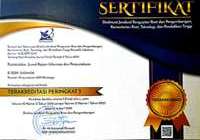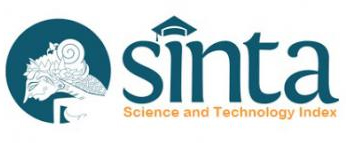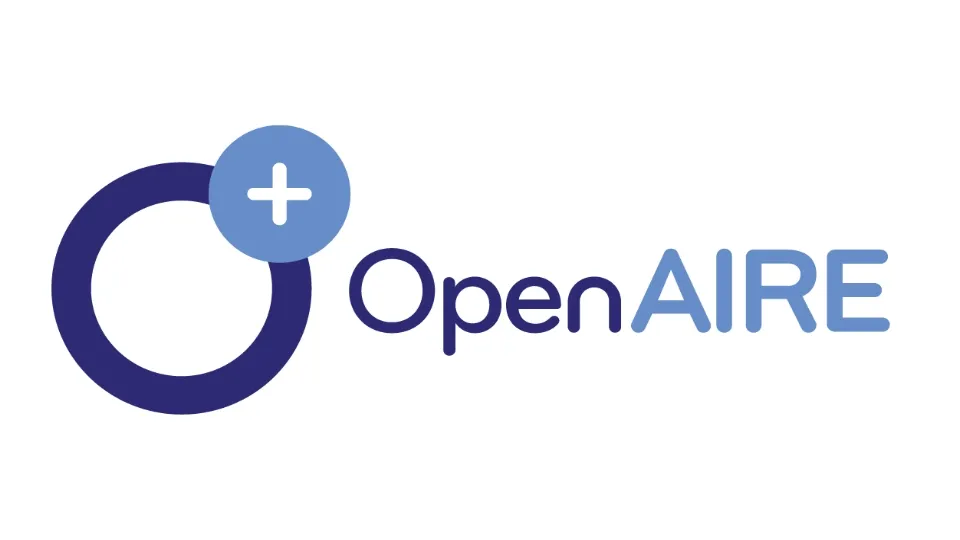Relevansi dan Penerapan Subject Authority dalam Sistem Temu Kembali Koleksi Kitab Kuning Pusat Perpustakaan UIN Maulana Malik Ibrahim Malang
DOI:
https://doi.org/10.21154/pustakaloka.v9i1.917Kata Kunci:
relevansion, subject authority, yellow booksAbstrak
This research describe about how relevation and subject authority implementation on yellow book collections in retrieval system UIN Maulana Malik Ibrahim Library Center Malang. Background in this research is from the past researchs and because UIN Maulana Malik Ibrahim Library Center Malang based from Islamic and have so many book collections. In this library have a different wisdom to managing book collections and general collections. Result from this research is : (1) relevansion rank yellow book collections in retrieval system UIN Maulana Malik Ibrahim Library Center Malang from subject authority method are low and not effective and ideal and then bring out recall 70% and precision 58.3%. (2) implementation process on subject authority yellow book collections UIN Maulana Malik Ibrahim Library Center Malang are not match with implementation principal, and have a result: there are not consistent using a subject (from 97 sample, 37 sample are not consistent), vocabulary index subject implementation don’t have a control language (from 97 sample, 56 are not controlling), using original name versus foreign is lack of attention (from 74 subject, there some Arabic name are not consistent with Arabic-Indonesian transliteration process) and subject authority implementation are not focus with primary books (in 16 book collections)Unduhan
Diterbitkan
Terbitan
Bagian
Lisensi
Requirements to be met by the author as follows:
- Author storing copyright and grant the journal right of first publication manuscripts simultaneously with licensed under the Creative Commons Attribution License that allows others to share the work with a statement of the work's authorship and initial publication in this journal.
Authors can enter into the preparation of additional contractual separately for non-exclusive distribution of a rich version of the journal issue (eg: post it to an institutional repository or publish it in a book), with the recognition of initial publication in this journal.
Authors are allowed and encouraged to post their work online (eg, in institutional repositories or on their website) prior to and during the submission process, because it can lead to productive exchanges, as well as citations earlier and more severe than published works. (see The Effect of Open Access).















